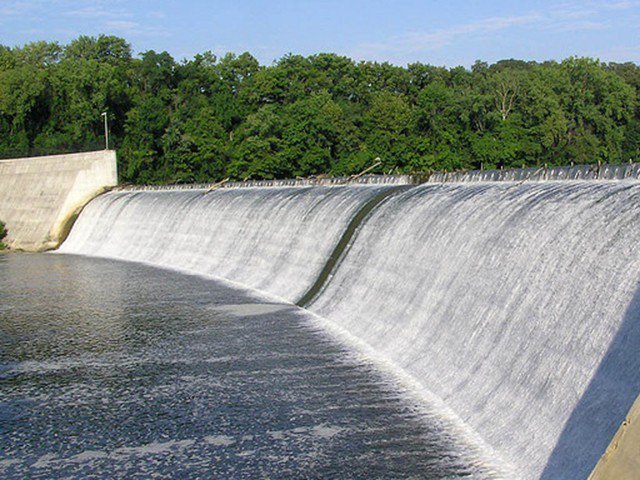
Senior Balochistan Minister and Pakistan Peoples Party (PPP) Parliamentary Leader Mir Muhammad Sadiq Umrani has raised deep concerns over the federal government's proposed amendments to the Indus River System Authority (IRSA) Act.
He cautioned that such changes could weaken the IRSA Act, disrupt provincial harmony, and deepen misunderstandings among the provinces.
Highlighting Balochistan's position, Umrani reiterated that the Water Apportionment Accord (WAA) of 1991 was a product of mutual consensus, and remains the foundation for equitable distribution among provinces.
Under this framework, the annual projected water from the Indus River system stands at 117 million acre-feet. However, Balochistan receives only 3% of this, a share he described as inadequate to meet the province's needs.
"The lack of water in the Indus River significantly impacts the provinces, especially Balochistan," Umrani said, emphasising that any amendment to the IRSA Act would jeopardise this fragile balance.
He assured that Balochistan would stand firm on its rightful demands, supported by unanimous approval from provincial representatives.
Previously, Balochistan officials had strongly criticised delays and mismanagement in water delivery under the IRSA framework, calling for enhanced monitoring and timely allocation. With water scarcity worsening, Umrani's statement reflects Balochistan's ongoing struggle for equitable access to resources.
"We will not retreat from our legitimate stance," he declared, underscoring the urgency of addressing the province's water needs.
Balochistan faces a severe water crisis, with limited resources and insufficient infrastructure to meet its needs.
The province, which relies on its share of water from the Indus River system under the 1991 Water Accord, often claims it does not receive its allocated share due to systemic flaws and inequitable management under the IRSA Act.
The Act governs water distribution among Pakistan's provinces, but disputes over implementation frequently arise.
According to a 2024 report, the province requested stricter oversight to ensure equitable distribution, especially during dry seasons.
The issue is worsened by inefficient irrigation systems, lack of storage facilities, and mismanagement of available resources.
IRSA's three-tier formula for water allocation has also been criticised. Balochistan argues that the formula fails to account for its unique geographic and climatic challenges, including reliance on seasonal rains and lack of alternative water sources.
Proposed amendments to the IRSA Act, which centralise water distribution decision-making, have sparked fears of further marginalisation.
It has been noted by experts that such changes could undermine provincial autonomy and exacerbate inequalities in water access.
Climate change further compounds the crisis. Declining rainfall, rising temperatures, and droughts have increased reliance on dwindling groundwater reserves. Balochistan's residents and policymakers have called for improved infrastructure, such as small dams and efficient irrigation systems, alongside stricter adherence to the water-sharing agreement.
The water crisis in Balochistan is deepened by its reliance on the implementation of the IRSA Act and the 1991 Water Accord.
The province's predominantly arid climate and lack of surface water make its dependence on allocated water shares critical. However, delivery shortfalls due to upstream diversions by Sindh have repeatedly hindered its ability to meet agricultural and domestic water demands.
The lack of effective dispute resolution mechanisms further exacerbates tensions. In addition to systemic flaws in water allocation, Balochistan suffers from inadequate water storage and conveyance infrastructure.


1725030039-0/Untitled-design-(2)1725030039-0-165x106.webp)




1732622842-0/Express-Tribune-(9)1732622842-0-270x192.webp)










COMMENTS
Comments are moderated and generally will be posted if they are on-topic and not abusive.
For more information, please see our Comments FAQ